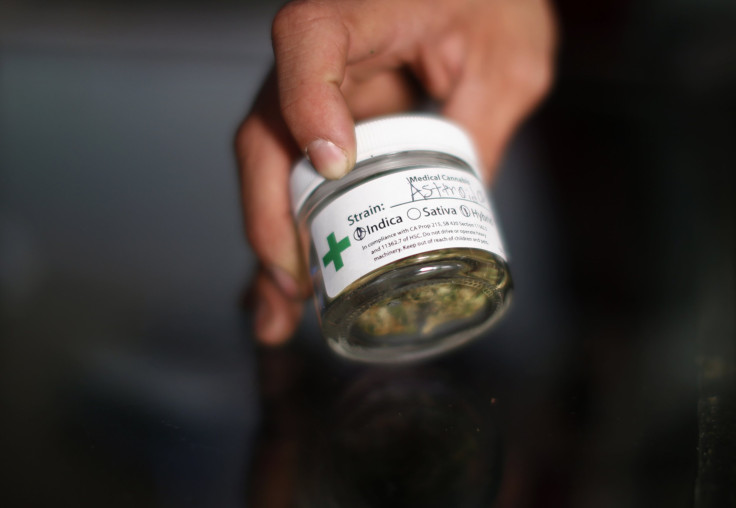Medical Marijuana Illinois Lawsuit: State’s Licensing Process Allegedly Mishandled

Arguments in a lawsuit claiming that the state of Illinois broke its own rules in issuing medical marijuana licenses to vying businesses are expected to proceed Tuesday, according to the Associated Press. The complaint, filed in February by a company called PM Rx LLC of Chicago, which applied to grow marijuana in Kankakee but lost its bid for a license to a competitor, Cresco Labs LLC, claims the state gave out permits before applicants’ background checks were completed and that the selection process has been largely shrouded in secrecy.
PM Rx also maintained that Cresco Labs had colluded with former Illinois Gov. Pat Quinn and may have influenced its being awarded the license, despite applicants being banned from meeting with regulators while the state chose to which businesses to grant licenses. Quinn’s administration has denied any such involvement.
Quinn, who left office in January, signed the state’s medical marijuana legislation in August 2013. The law took effect Jan. 1, 2014, and allows doctors to prescribe up to 2.5 ounces of marijuana every two weeks to patients suffering from certain illnesses. State regulators spent much of the year drafting rules for which companies would get to open the state’s 22 marijuana growing operations and which businesses would be given the 60 licenses to sell medical marijuana.
Quinn’s administration left office before the licenses could be given out but handed down its recommendations to Gov. Bruce Rauner, who reviewed the list and awarded the licenses in February, according to the Chicago Sun-Times.
An attorney for PM Rx claimed the details of the state’s selection process could only be revealed through documents obtained through court because a clause in Illinois’ medical marijuana law exempted businesses applying for permits to grow or sell weed from public disclosure.
“The governor was handed this mess," PM Rx said in its issued statement, according to the Chicago Tribune. "We hope he keeps the patients in mind as he reviews this ... giving patients the transparency and clarity they deserve by tearing up the faulty process that brought us here." The lawsuit also argues that PM Rx actually scored higher than Cresco Labs on state evaluations but that the permit still went to Cresco.
Last week, Judge Kathleen Kennedy, who has overseen the case, temporarily halted the issuing of the growing license to Cresco Labs. The state quickly appealed the case.
"We understood and acknowledged that the process the Quinn administration applied would likely expose the state to significant and costly litigation," the Rauner administration told the Chicago Tribune in February. "We will fully participate in any judicial review of the selection process and comply with any orders issued by a court as it relates to this particular applicant or any other applicant that seeks a judicial review.”
Getting Illinois’ medical marijuana industry off the ground has proved difficult. In many ways, the state’s medical marijuana law is much stricter than other states’ laws. Patients in Illinois who want to get permits to use legal weed must already have a relationship with a prescribing doctor and can’t grow their own pot, unlike in Colorado where registered marijuana patients can grow up to six plants in their homes.
The process has also been dogged by delays since the beginning, not least among them a separate lawsuit filed in February claiming that a business given a license to grow medical cannabis was not eligible for the permit, given its status as a nonprofit organization that receives federal tax benefits.
Under the law, medical patients will obtain marijuana cards from the Illinois Department of Public Health. So far, the department has approved 1,600 patients to use medical cannabis products. Another 17,000 patients have begun the registration process, the Chicago Tribune reported.
© Copyright IBTimes 2025. All rights reserved.






















